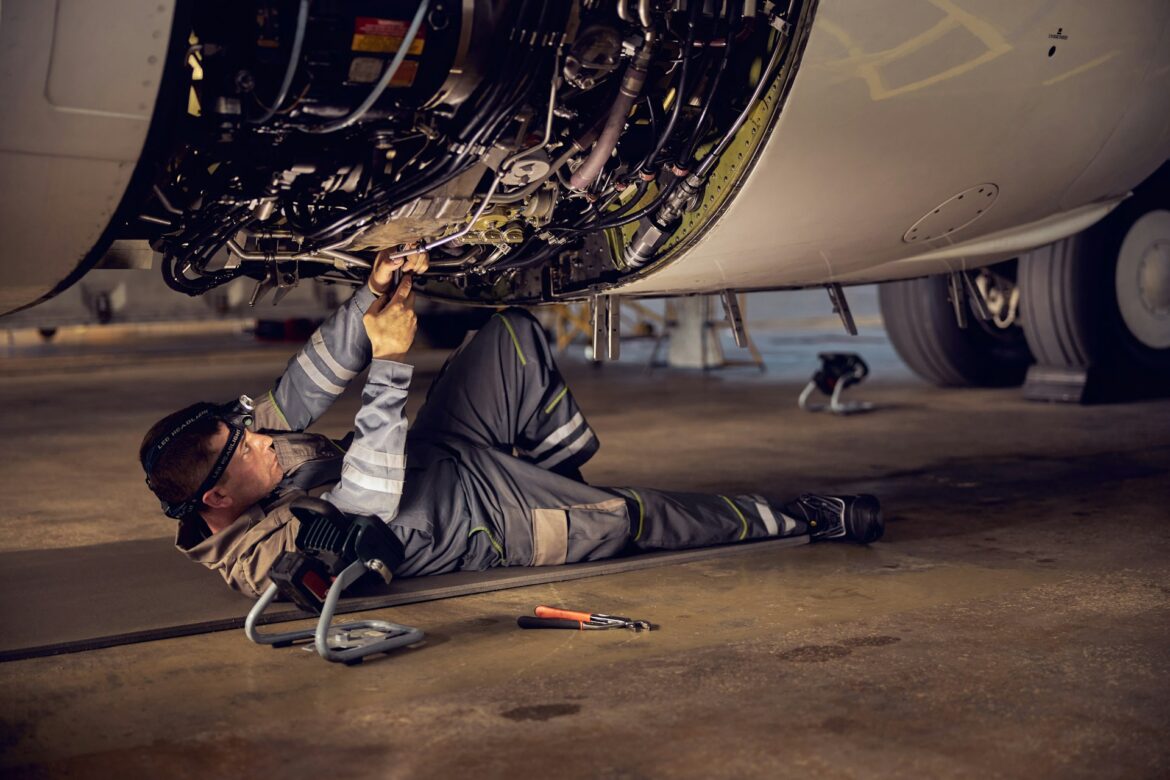Alberta will open 16 new collegiate schools in 2025-26 to help address the province’s growing demand for skilled workers, with the government investing $27.5 million to support the expansion.
The specialized schools connect classroom learning with real-world careers by offering students hands-on training and direct pathways to post-secondary education and employment. Budget 2025 allocates $6 million for operational costs and $21.5 million for school improvements.
“Collegiate schools help students connect what they learn in the classroom to real-world careers. By expanding this model, we are ensuring young Albertans can access specialized training, explore in-demand careers and graduate with a clear path to further education and meaningful employment,” said Demetrios Nicolaides, Minister of Education and Childcare.
The expansion comes as Alberta’s economy continues to grow and employers face increasing difficulty finding skilled workers across multiple sectors.
New schools target high-demand sectors
The 16 new collegiate schools will offer specialized programming in science, aviation, technology, engineering, agriculture, business, information communications and the trades. Programs are designed with industry and post-secondary institutions to provide students with hands-on experience and career exploration opportunities.
New schools include the Human Services Collegiate through The Buffalo Trail School Division, St. Eligius Catholic Collegiate in Edmonton, and the GHSD Collegiate of Digital Arts & Esports in Strathmore. Other locations span from Banff to Fort Saskatchewan, with schools operated by various public, Catholic and regional school divisions.
The Skilled Trades and Technology Collegiate through Edmonton School Division and Monsignor McCoy First Responders in Medicine Hat represent the types of career-focused programming the province hopes will better prepare students for available jobs.
Existing programs receive upgrades
Four existing collegiate schools will receive funding to improve and expand their facilities, including Calgary Trades & Technologies Collegiate, Fusion Collegiate Aviation, South Alberta School of Agriculture and The Central Alberta Collegiate Institute.
The improvements will support development of specialized learning spaces such as film and media studios and skilled trades labs.
“Fusion turned my passion for aviation into a real path. They helped me explore my options and confidently choose a career direction. From ground school to career connections, they’ve supported me every step of the way. Thanks to this grant, more students will see the cockpit not just as a dream – but as their future,” said Brock Foster, a student at Fusion Collegiate.
Partnership approach with industry
The collegiate model involves partnerships with post-secondary institutions and industry to ensure programs meet workforce needs. SAIT, for example, is partnering with Fusion Collegiate on aviation programming.
“As the aviation industry continues to grow in Alberta, SAIT is ready to train the talent needed to fulfill workforce demands. Through continued support from the Government of Alberta and by expanding our relationship with collegiate partners, we’re connecting with young people as they begin to explore options for the future,” said Lynda Holden, dean of SAIT’s School of Transportation and School of Manufacturing and Automation.
Chris Meaden, superintendent of Fusion Collegiate, said the investment allows for career-focused learning that meets both student interest and industry demand.
“With the support of this grant, Fusion is launching a new Aviation Program in partnership with SAIT and AVmax. This investment enables hands-on, career-focused learning that meets student interest and industry demand,” said Meaden.
Current program status
Alberta currently operates 12 collegiate schools, with five opening in the 2023-24 school year and seven in 2024-25. The expansion will bring the total to 32 schools by 2025-26.
Each collegiate school receives up to $150,000 in base funding and $500 per student in their first year for administrative support and operational costs. Schools also receive up to $100,000 per lab or learning space and $2,500 per student for furniture, equipment and space modifications.
The expansion supports the province’s goal to improve career pathways in schools and help students transition into post-secondary education or careers after graduation.





